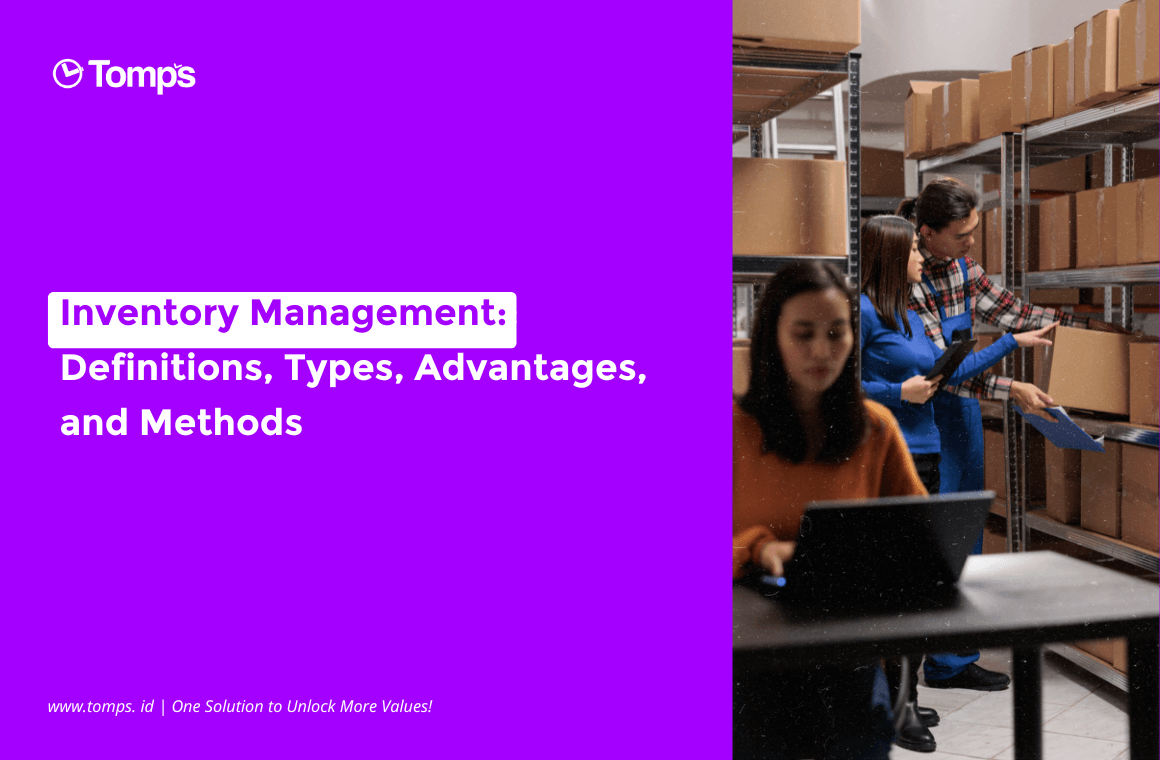The due date is an important element in completing a job. Usually due dates are applied in various fields of work, whether it is office work between employees and managers, due date agreements with clients, and so on. Below, we will understand more about what a due date means and what the advantages of applying it to our work are.

What is a due date?
The due date means the deadline for work, in the form of an agreed-upon date for submitting work. If it is not submitted on the agreed date, then we are not following the agreement that is in effect. Due dates apply to tasks or projects with tight deadlines. Work can be completed before the specified date, but in general, it is still handed over to the interested party (superior or client) on the specified date. For good results and not to give the impression that it was completed in a hurry, it is recommended that you complete the work before the due date. Due date is generally applied to various fields of work, but this term can also be used for assignments at school or university. The following are some examples of using due dates:
- Projects at work that must be completed by a certain date
- Essays at school that are due on a certain day
Due Date Type
In general, due dates are divided into two types: absolute due dates and relative due dates. The following is an explanation of the two types:
- Absolute Due Date From the mention, it is clear that the absolute due date is a stricter type than the relative due date. An absolute due date is an absolute, very strict work deadline. This means that if we cannot complete the work on the specified date, then we can still submit it even though it is late, but there will be no mark for the work.
- Relative Due Date
Due dates are relatively more flexible because work can still be submitted after the due date has passed. We can still get value from the work that has been completed, but of course there are consequences that must be accepted for being late. The consequence is generally a reduction in value.
For example, in tenders for certain projects, Every company wishing to participate in the tender must submit a bid by December 20. For projects that have absolute due dates, companies can no longer submit bids after the 20th. Meanwhile, for those that apply relative due dates, they still allow bids to be submitted after the 20th, but the company's value will be reduced, for example, by 10 points, during the tender.

Advantages of Applying a Due Date
Implementing due dates at work can be a very effective way to be disciplined and complete work on time. It takes a strong will and discipline to follow the due date that has been set. Once implemented, we will get several advantages, including:
- Helps in Prioritising Tasks Having a due date is usually an effective way to complete tasks within the specified time. Not everyone has disciplined habits and can work without deadlines. Therefore, boundaries are needed so that they can be an incentive to carry out assignments according to the deadline. With a due date, people tend to make a priority list. Which work must be done immediately and which can be postponed first? If you have divided your priorities, completing a lot of work will become easier.
- Motivate to Achieve Goals Due dates make our goals or objectives clear. For example, if there is a work due date in 2 days, then clearly our goal is to complete the work. Having a time limit like this will usually make it easier for us to feel motivated to achieve that goal. Without a deadline, we might take a task for granted and put it off. Apart from that, without a due date, we might not know what to do first. We will usually do tasks that are less important but easy first, without a strict due date.
- Helps Encourage Creativity When there is a task that requires a tight deadline, we usually think of creative solutions to complete the task. In general, people will be more creative when they are in an urgent situation. Without an urgent situation, most people will tend to relax while doing their work without thinking about anything creative because there is no pressure.
- Helps fulfil promises Due dates can be applied between superiors and their employees, freelancers and their clients, companies and their clients, and so on. What is certain is that a due date is a promise that must be fulfilled to submit a particular assignment. Setting a strict due date will help us fulfil the promises that have been made.
- Helps improve reputation As mentioned previously, meeting due dates requires strong will and discipline. If we can complete the work according to the due date, our reputation will increase and improve. This allows the company to gain a good reputation. For individuals, their reputation as reliable employees will also increase, as will that of freelance workers. However, on the other hand, if we cannot complete the work according to the due date, our reputation will suffer. Especially if this happens many times. Therefore, it is very important to follow the due date that has been set.
- Increase self-confidence. Both individuals and companies that successfully complete work according to the agreed-upon due date will increase their self-confidence. Work can be carried out alone or by a team, both of which have an impact on self-confidence as a person and as a team. Of course, self-confidence must be cultivated well in the future so that it becomes positive energy and motivation to work even better, according to the due date. Because excessive self-confidence can also have negative consequences if it makes our work easier.
Implementing due dates at work is very important so that work agreements are clearer. Tomps by Telkom Indonesia is here to overcome the problem of transparency in work projects. Tomps is a mobile and web-based collaborative digital management solution. Easy to use, managing company needs becomes more concise with online supervision. Tomps can be used for various types of industries, large and small. Use Tomps in planning stages, projects, and more. Offering real-time value, transparency, and flexibility, performance needs to improve! Visit the Tomps website to get a demo schedule!







